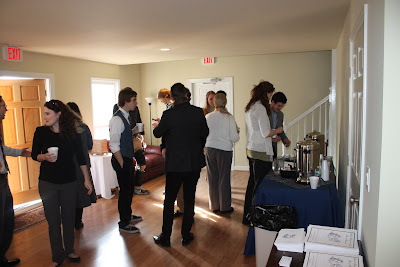Beginning in 1910, a group of the most influential Evangelical Christian scholars and leaders began publishing a series of essays intended to defend Biblical orthodoxy against Modernist unbelief. By 1911, the essays began to be collected into hardback volumes to be distributed freely among seminary students, pastors, missionaries, and teachers.
Eventually,
The Fundamentals: A Testimony To The Truth, edited by A. C. Dixon and R.A. Torrey, became an encyclopedic collection of 90 essays published in 12 volumes over the course of six years.
Dealing with the sundry Modernist errors of Higher Criticism, Liberal Theology, Marxism, Socialism, Secularism, Atheism, and Darwinianism, the essays also debunked the Modernist utopian sects of Christian Science, Mormonism, Jehovah's Witnesses, and New Age Spiritualism.
It was from these volumes that the popular press coined the pejorative terms, “Fundamentalism” and “Fundamentalist.” But like most popular labels, the term is actually quite misleading—or, at the very least, it has become so.
The Evangelicals who wrote the essays were led in large part by the intellectual precociousness of the Reformed theologians B.B. Warfield, J. Gresham Machen, James Orr, G. Campbell Morgan, J.C. Ryle, Thomas Spurgeon, and Arthur Pierson. It just so happened that they were even then in the throes of a titanic struggle for the soul of their traditionally orthodox but drifting institutions: Princeton Theological Seminary and the Presbyterian Church.
The Fundamentals necessarily bore a distinctive "Reformed" stamp—indeed, the essays were very much a response to that great struggle (a struggle which ultimately gave birth to Westminster Theological Seminary, the Orthodox Presbyterian Church, Reformed Theological Seminary, and in time, the Presbyterian Church in America).
Thus, in more than a few ways, the “fundamentalists” were actually a far cry from what we think of today as “Fundamentalists.” Indeed, their substantive, articulate, and academic nature altogether belies the Modern conception of "intolerant," "ignorant," and "ideological" religious radicalism.
Thankfully, the books are available on the web from
xMission. In addition, Baker Books continues to keep the essays in print in a fine four-volume compilation (nearly identical to my own 1916 set).











